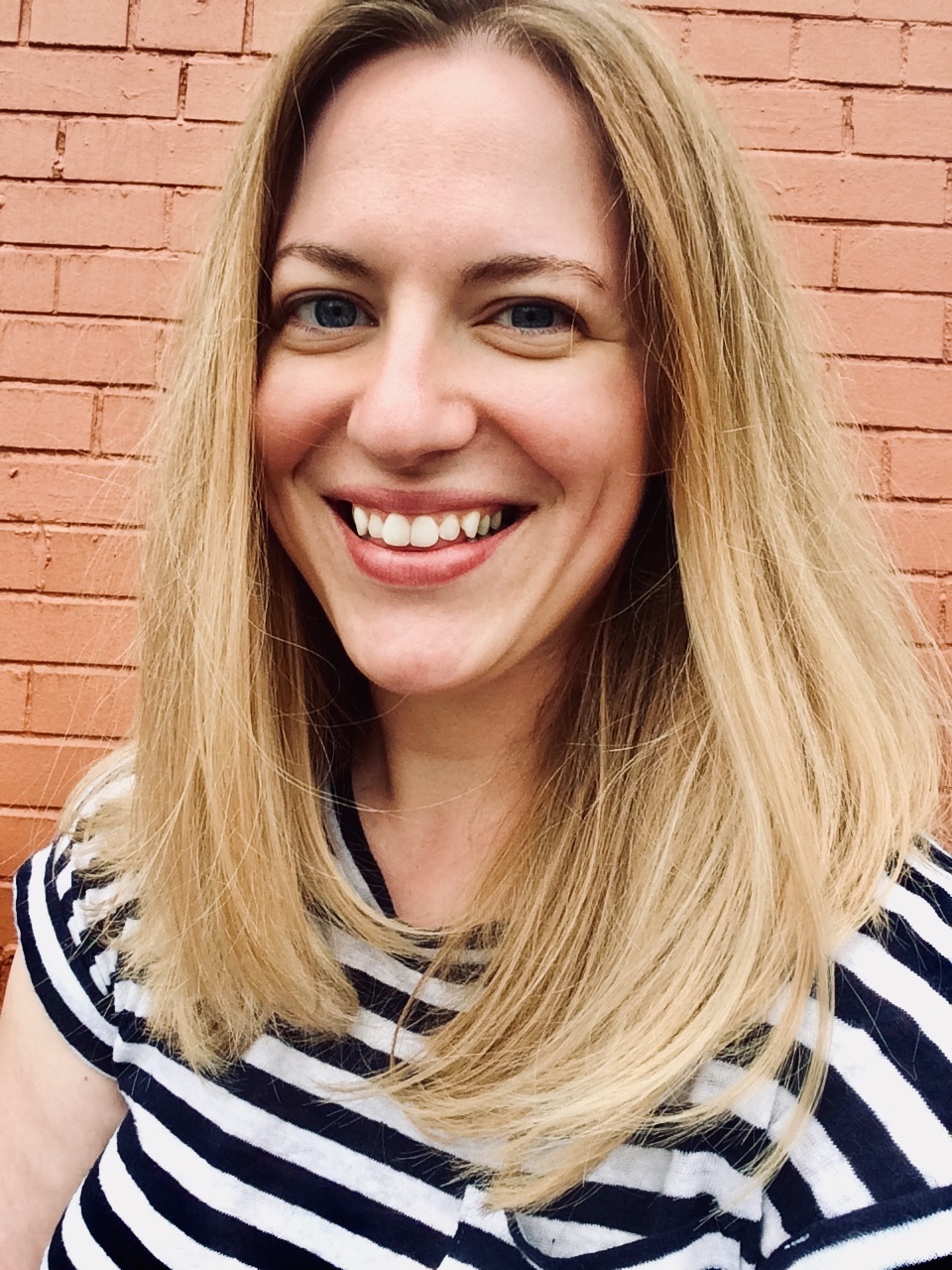Ariel Nereson (PhD, 2014)

Why did you decide to go to graduate school?
I was fortunate to take an English seminar in college where I was introduced to dramaturgy. I felt that dramaturgy was a place I could bring together what I knew as a writer and what I knew as a choreographer. My professor, Karen Marsalek, connected me with Gary Gisselman in the Theater Department and he supported my application to be a literary management and dramaturgy intern at the Guthrie Theater. I had already committed to a Master’s program in English, but quickly discovered I wanted to pursue graduate study in theatre, dance, and performance history and theory, where I could integrate more of my artistic work into my research.
Why did you choose to pursue your degree at Pitt?
Pitt, and Pittsburgh, seemed like places where I could bring together historical inquiry and movement-based practice. When I interviewed, faculty were enthusiastic about my interest in dance studies and expertise in dance practice, and I was excited to compose a Special Option in Choreography during my time in the doctoral program. I also received a financial support package that would allow me to focus on doctoral study and afford Pittsburgh’s cost of living and for me this was a major factor in choosing a program.
How did the degree program help prepare you for your career?
I entered Pitt with an extraordinary cohort of MA, PhD, and MFA students – people whose scholarship and artistry continue to inspire me – and my relationships with my colleagues during graduate school deepened my capacity and skill for collaboration. My experience at Pitt led me to highly value deep relational support in professional contexts and I think this has helped me stay connected to purpose as an educator, scholar, and artist. I was also lucky to be mentored by faculty who fully supported embodiment as both a topic and method of historical inquiry – to be able to start from the premise that embodiment is epistemological allowed me to take my thinking much further in the relatively short time of a doctoral program. These mentoring relationships also prepared me to become a mentor to my own graduate students, a role I cherish.
What is your current position and what does it involve?
I currently have lots of opportunities to mentor graduate students as the Director of Graduate Studies for the Department of Theatre and Dance at the University at Buffalo – SUNY! I am also Associate Professor and affiliated faculty with the Department of History. In my role I am responsible for leading graduate education in performance research at my institution and this is a huge honor and privilege. I’m very inspired by the work of Urban Bush Women (co-artistic director Chanon Judson is my colleague at UB) to embody leadership in the service of voicing the collective, and daily work with my colleagues toward this goal is a gift. My position is a mix of research, teaching, and service, as are most academic gigs, and I’m particularly excited to be back in the studio this fall collaborating with Jane Barnette at the University of Kansas on a new choreographic work.
Thoughts and/or advice for current graduate students?
Current graduate students are inspiring! The MA, MFA, and PhD students I mentor at my own institution and in the field are some of my most valued interlocutors, pushing my practices as a scholar, artist, teacher, and leader. I hope grads continue to find support for their exciting ideas, and view the entire field as a resource to them beyond the walls of their home institution. Reach out. I think it’s easy to get very focused on the micro-climates of our departments, and indeed these can transform our experiences; at the same time, our networks go beyond the department into other spaces at our institutions, in communities, and in professional practice. These can be sites of solidarity and support for graduate students and are worthy of investment. I encourage graduate students to be involved in labor organizing on their campuses, recognizing that the work we do as artists, educators, and scholars is work.